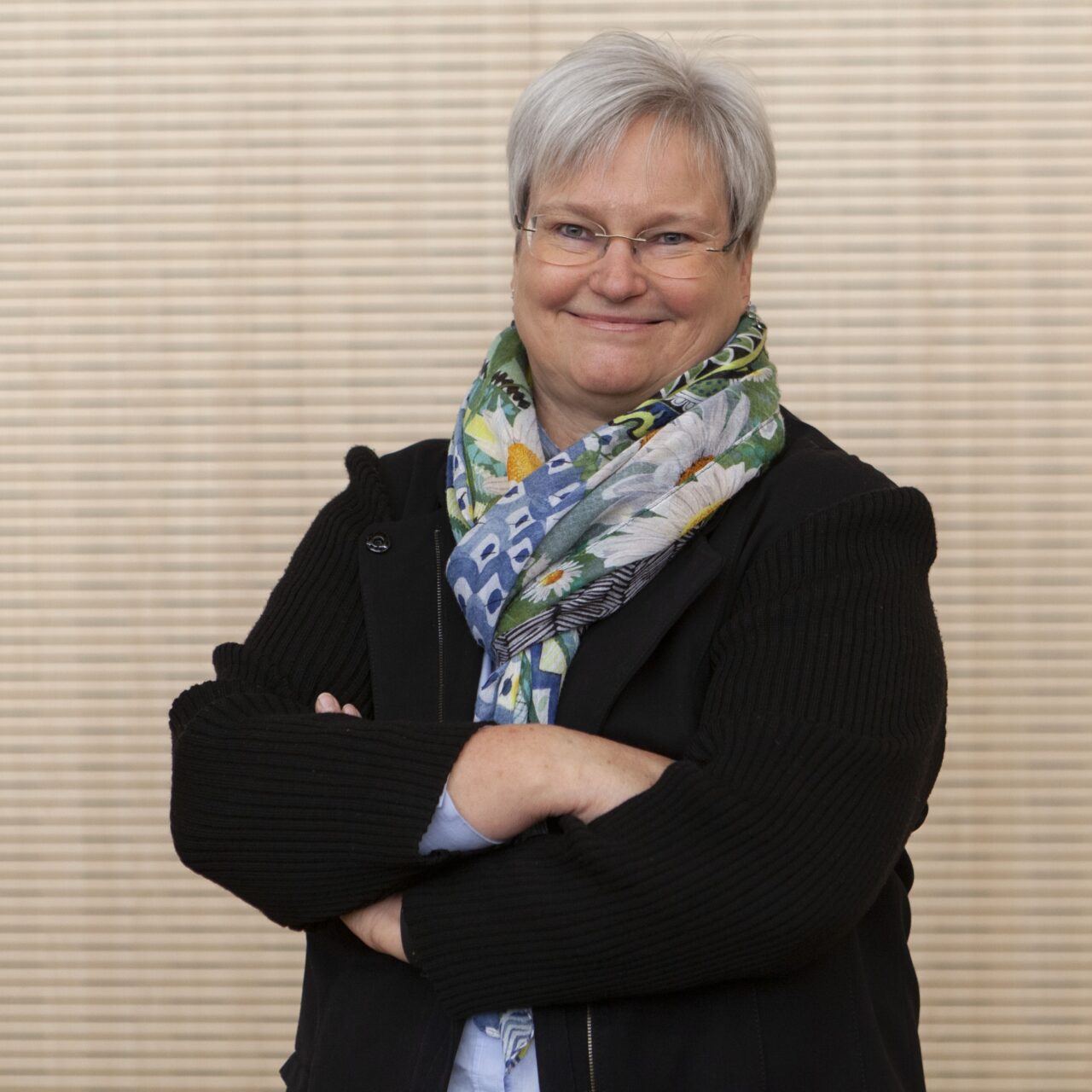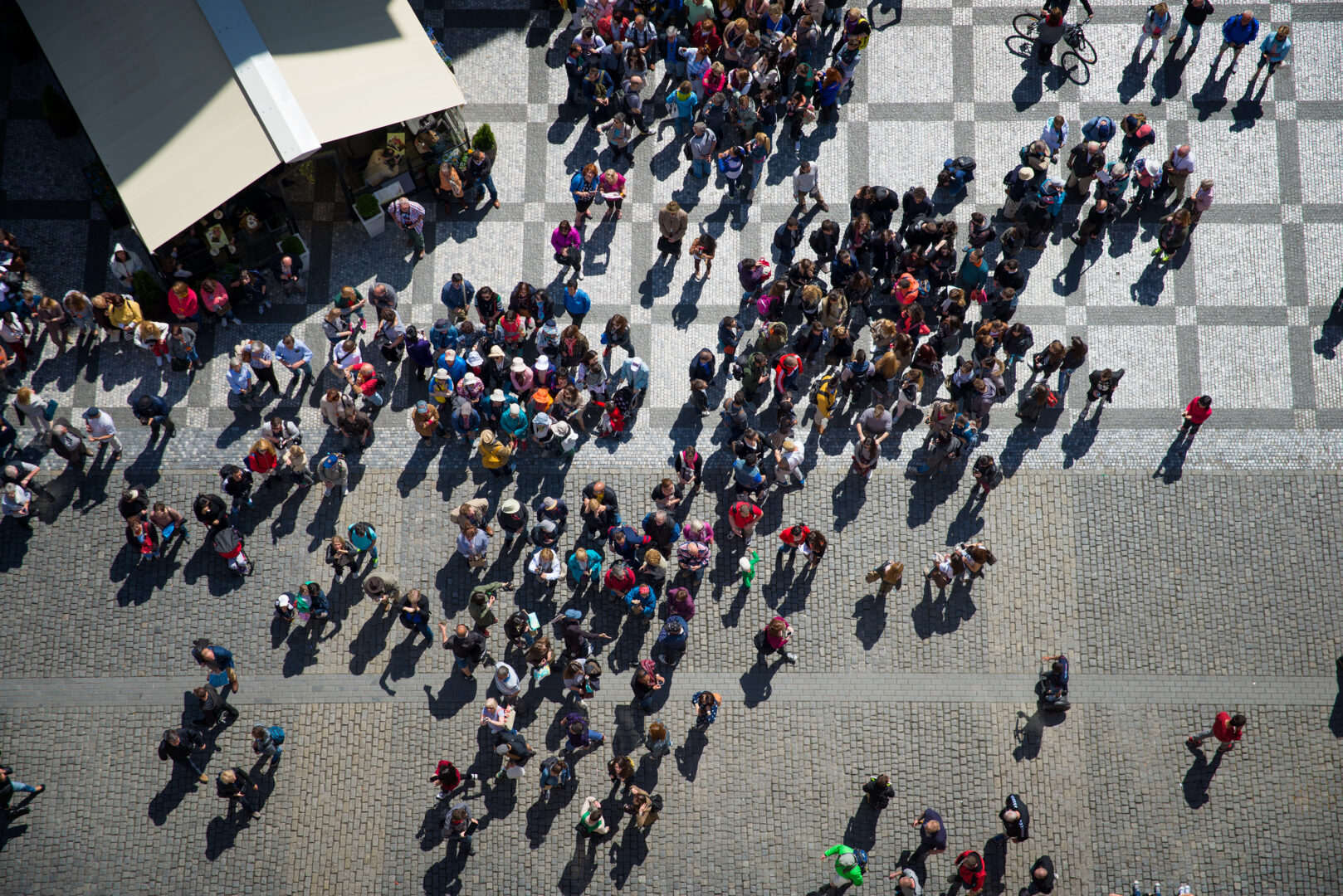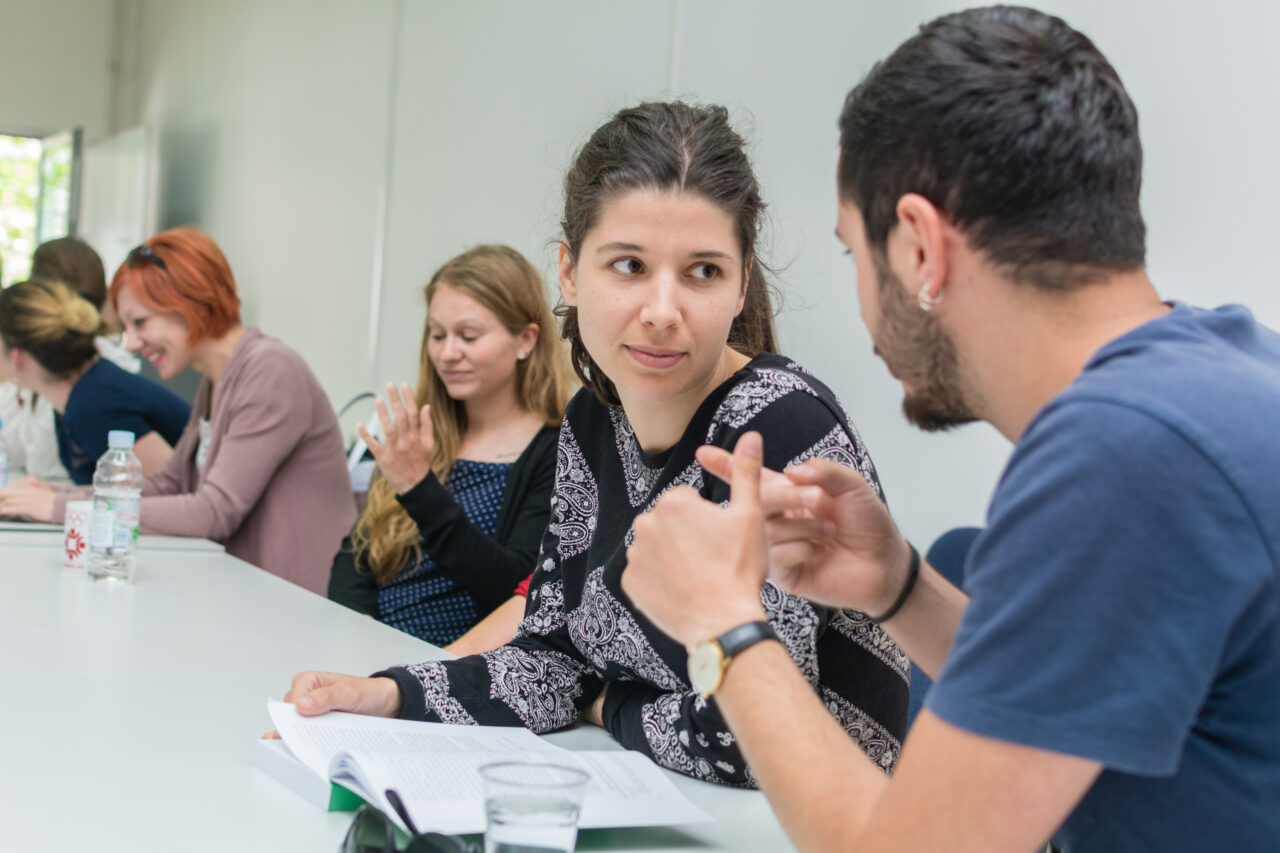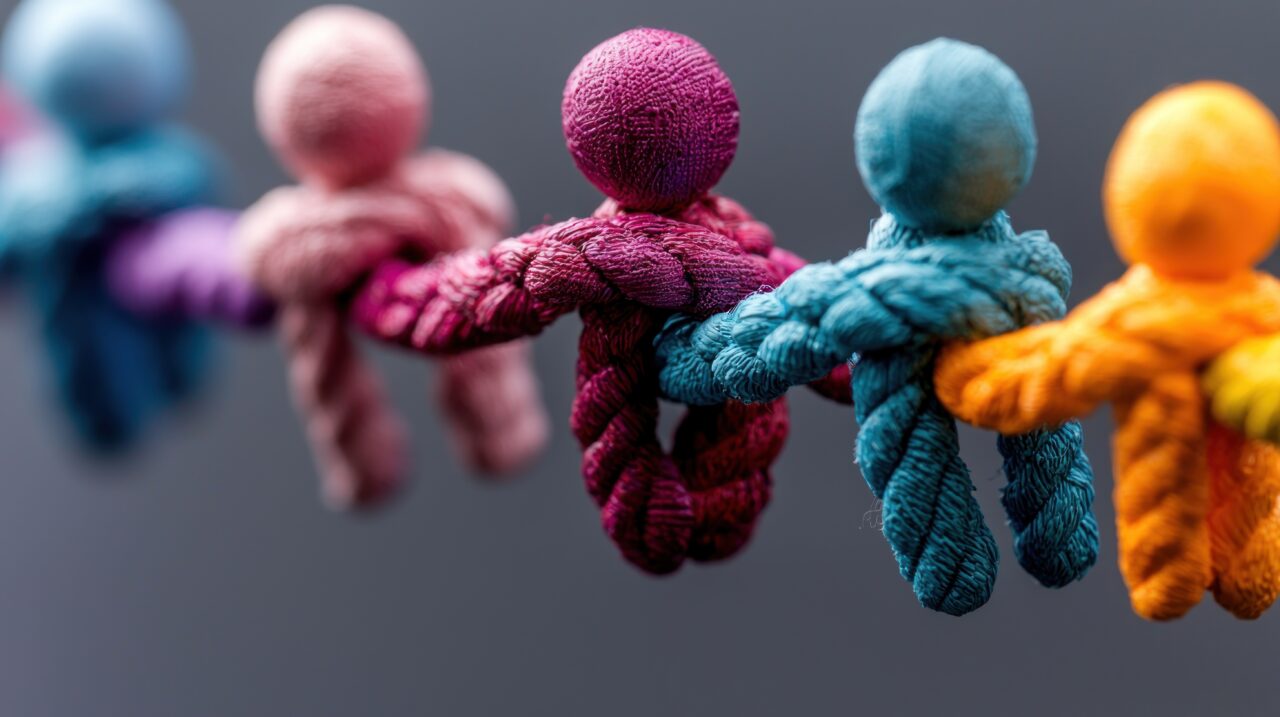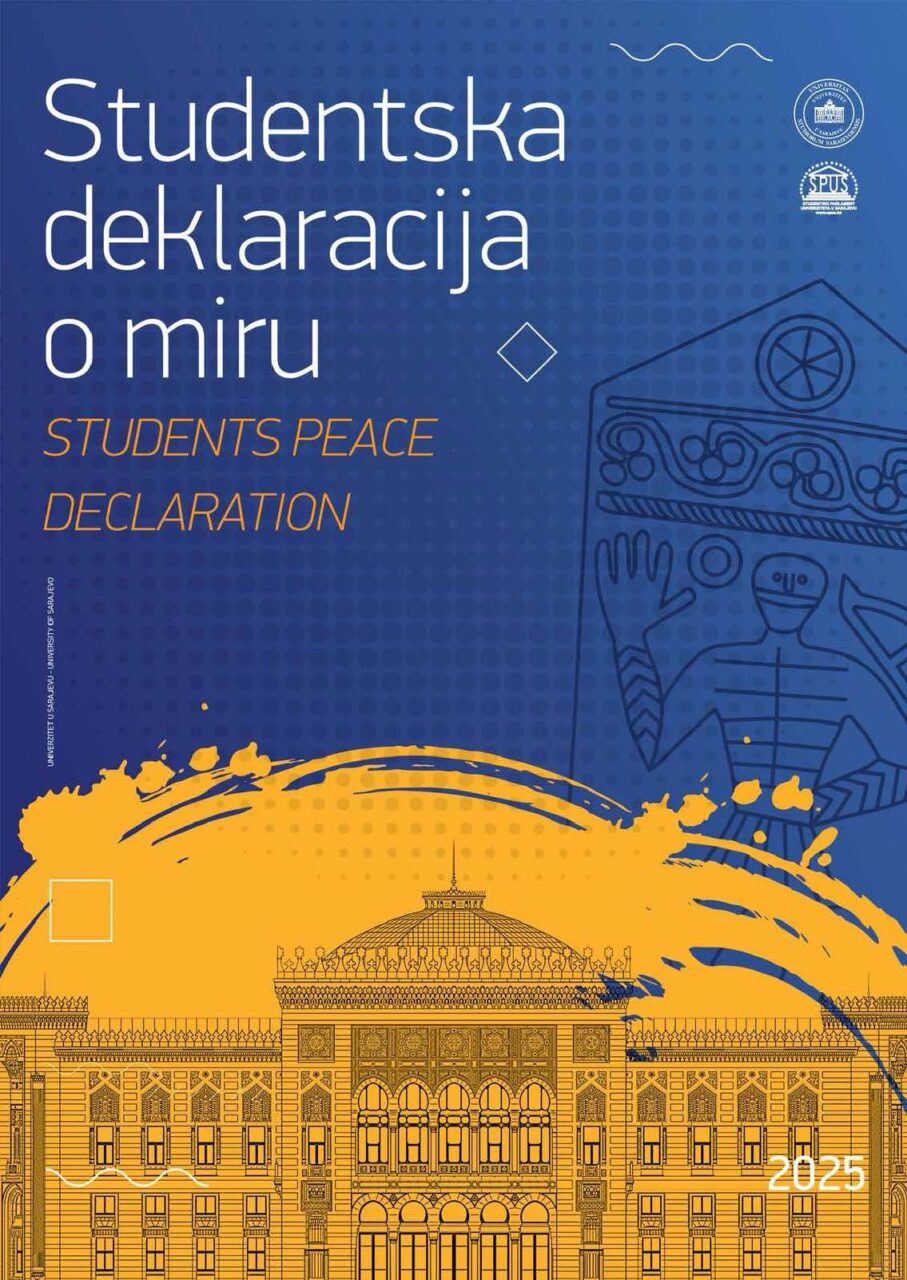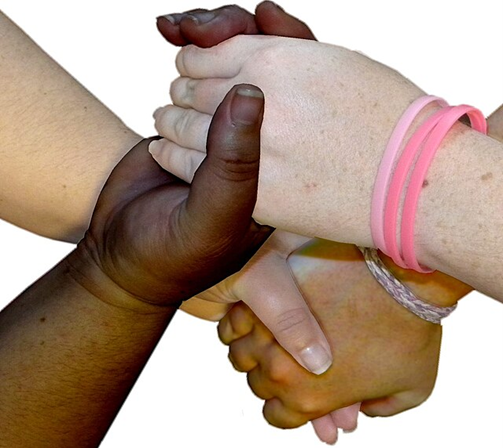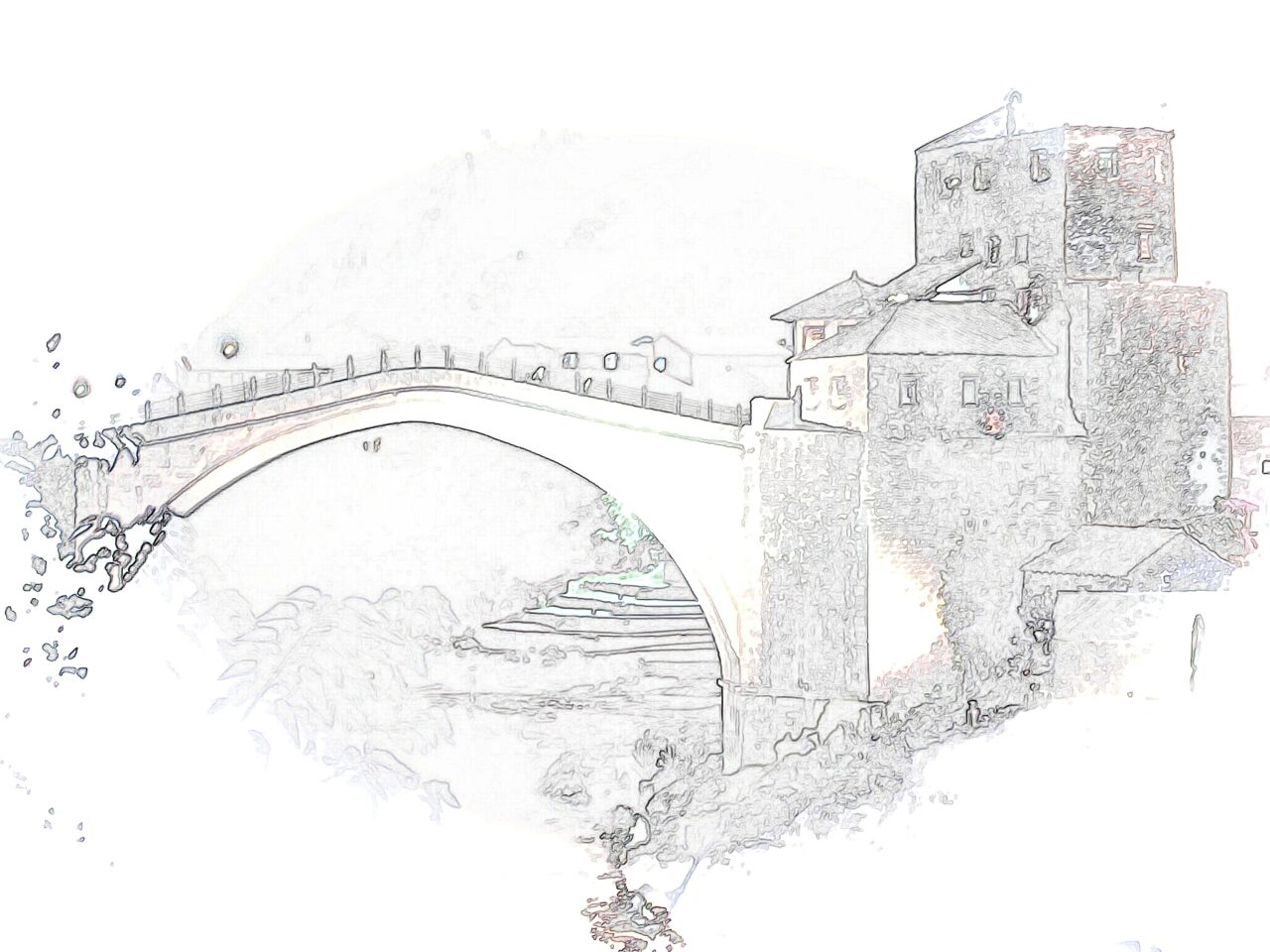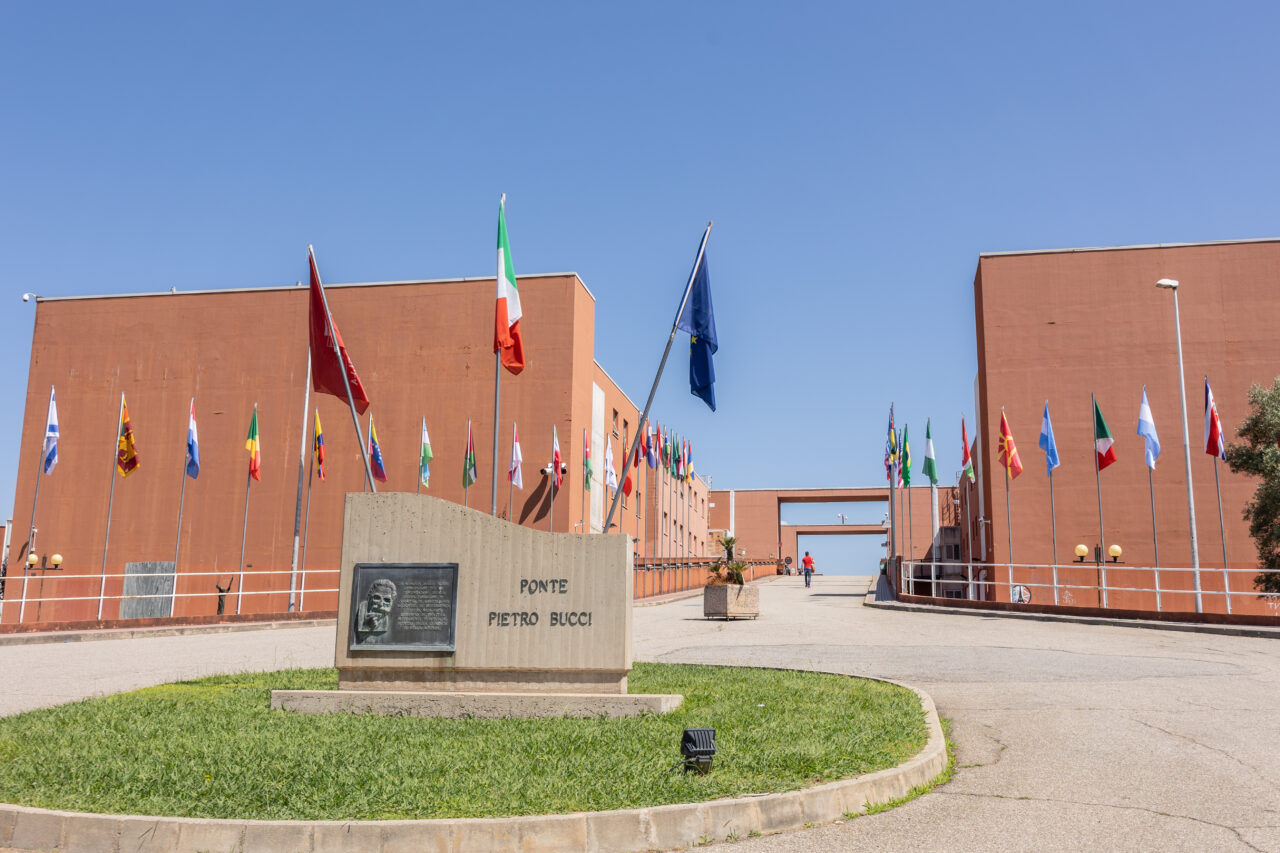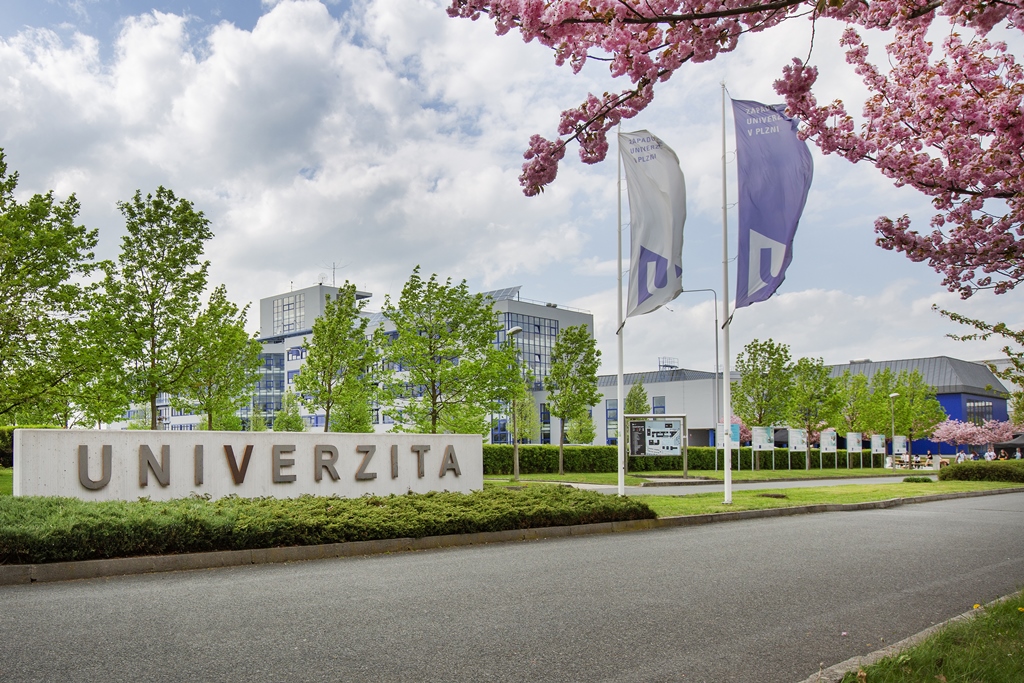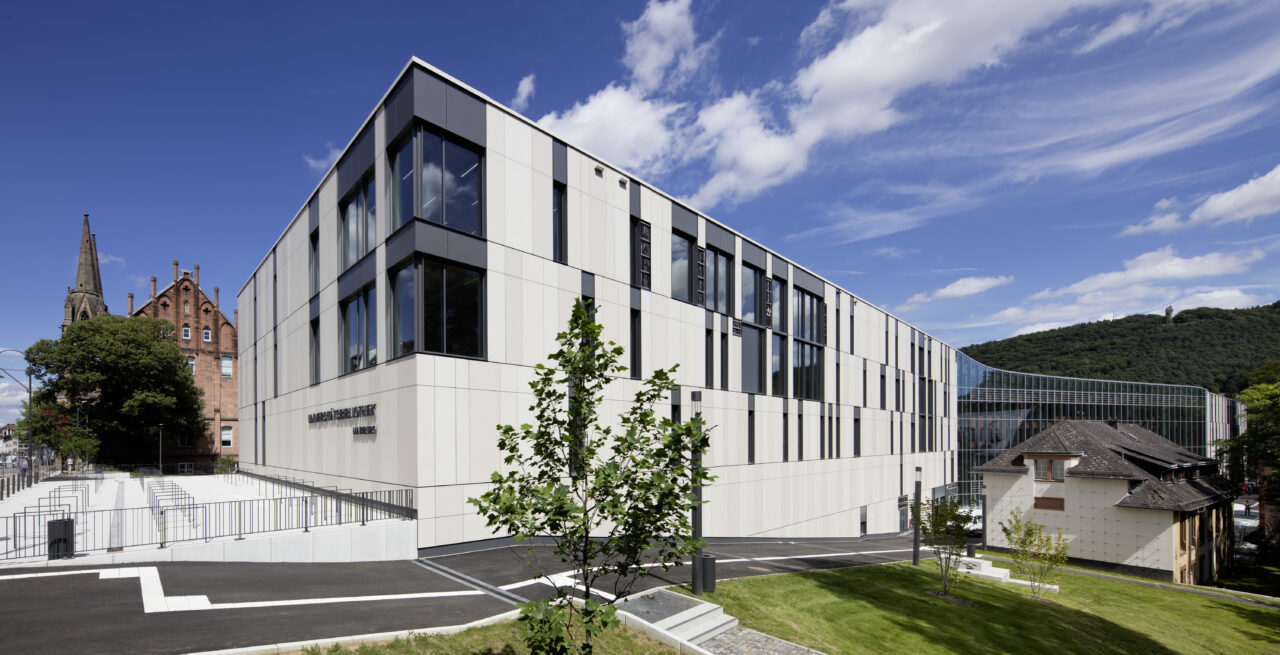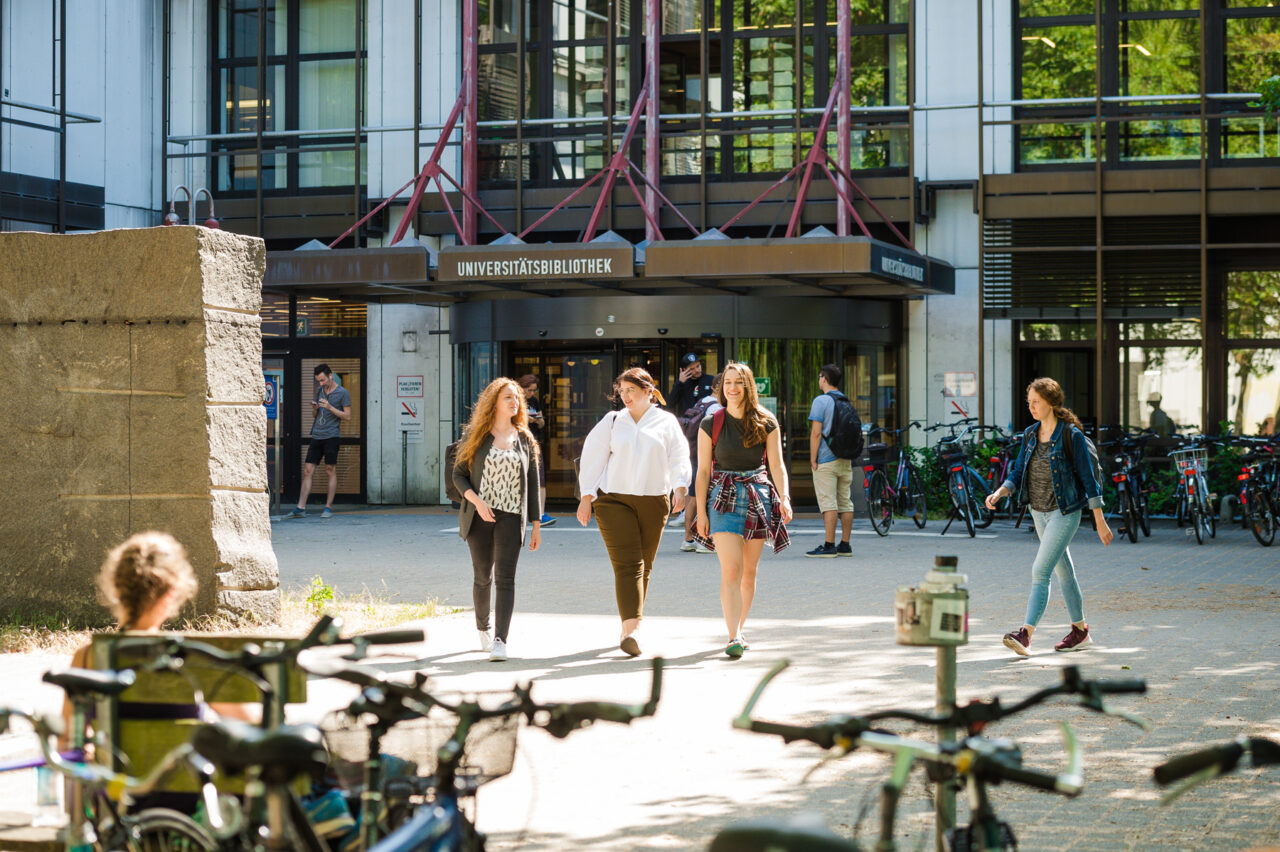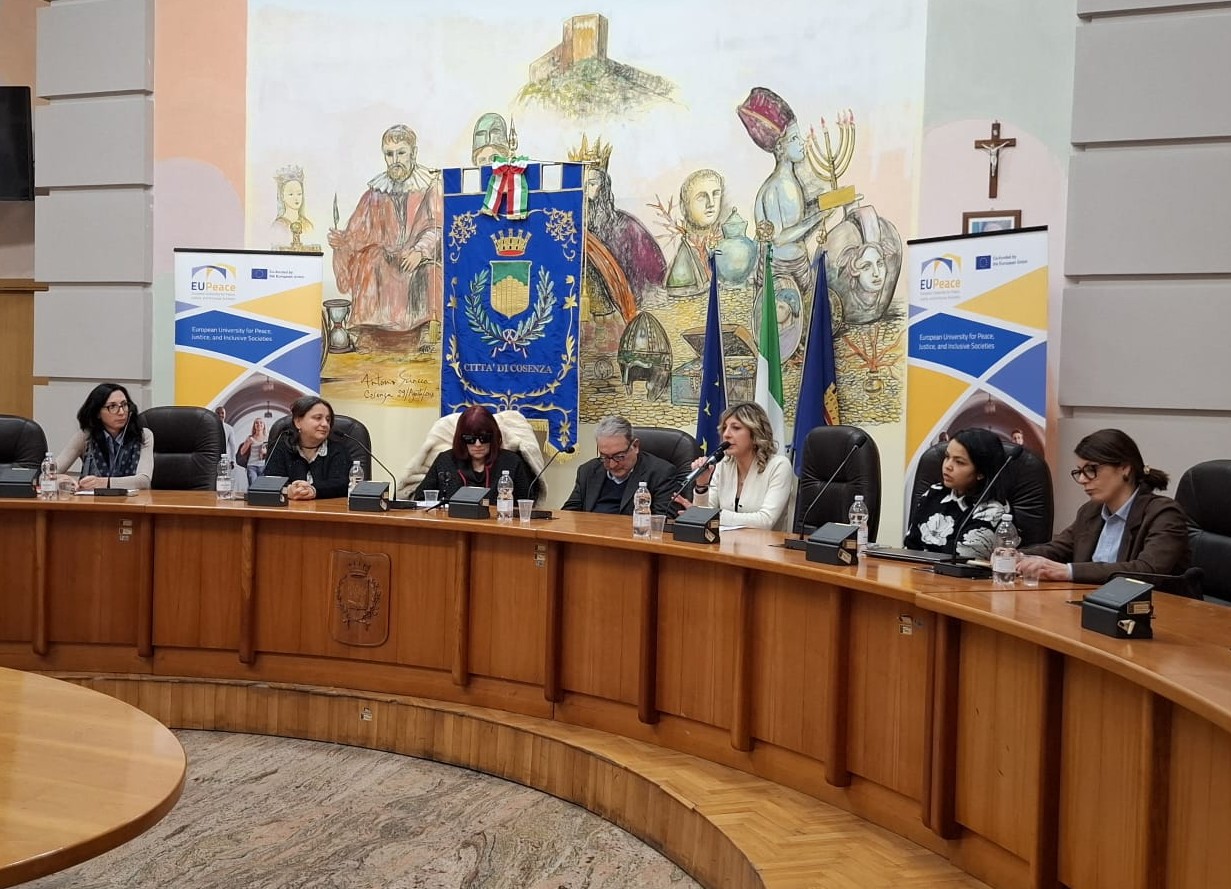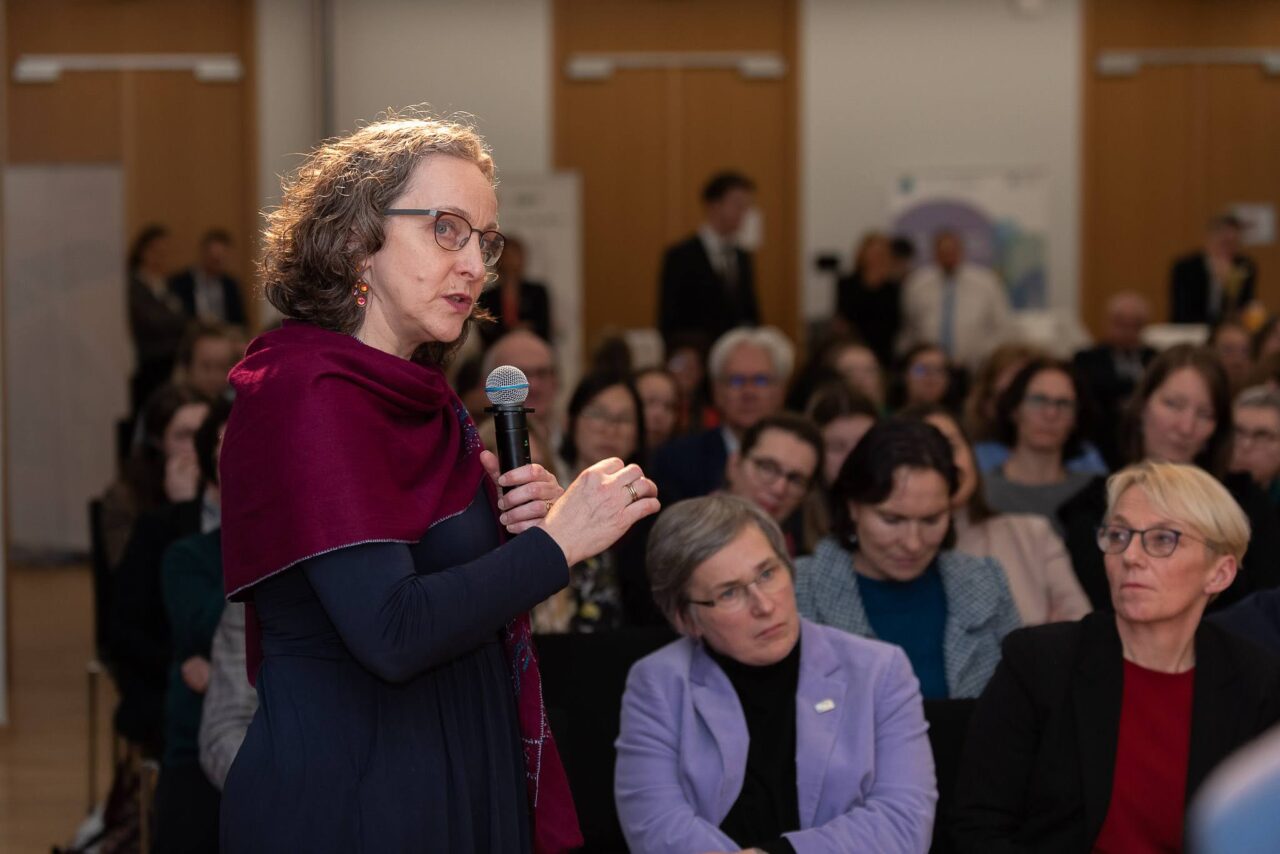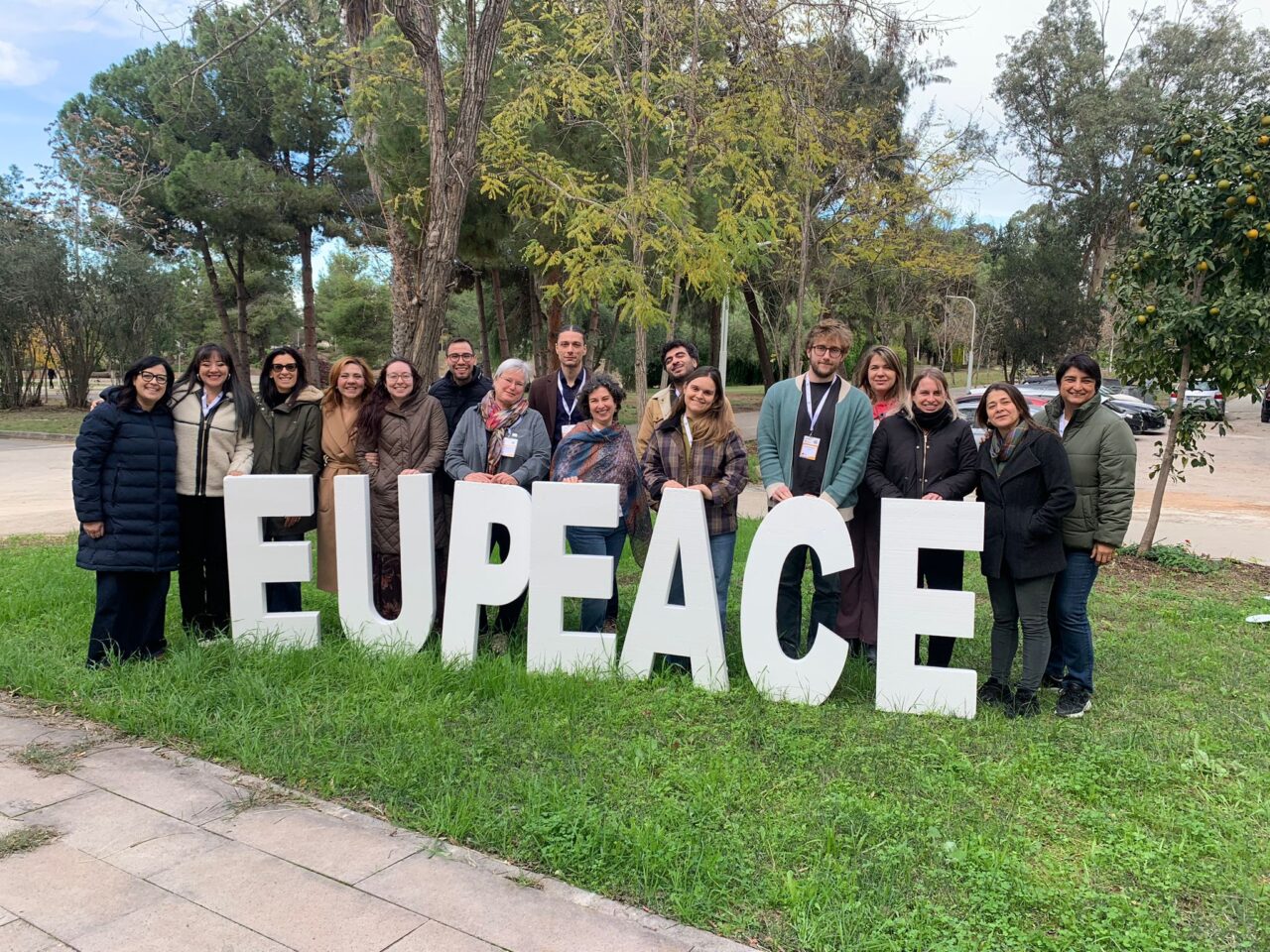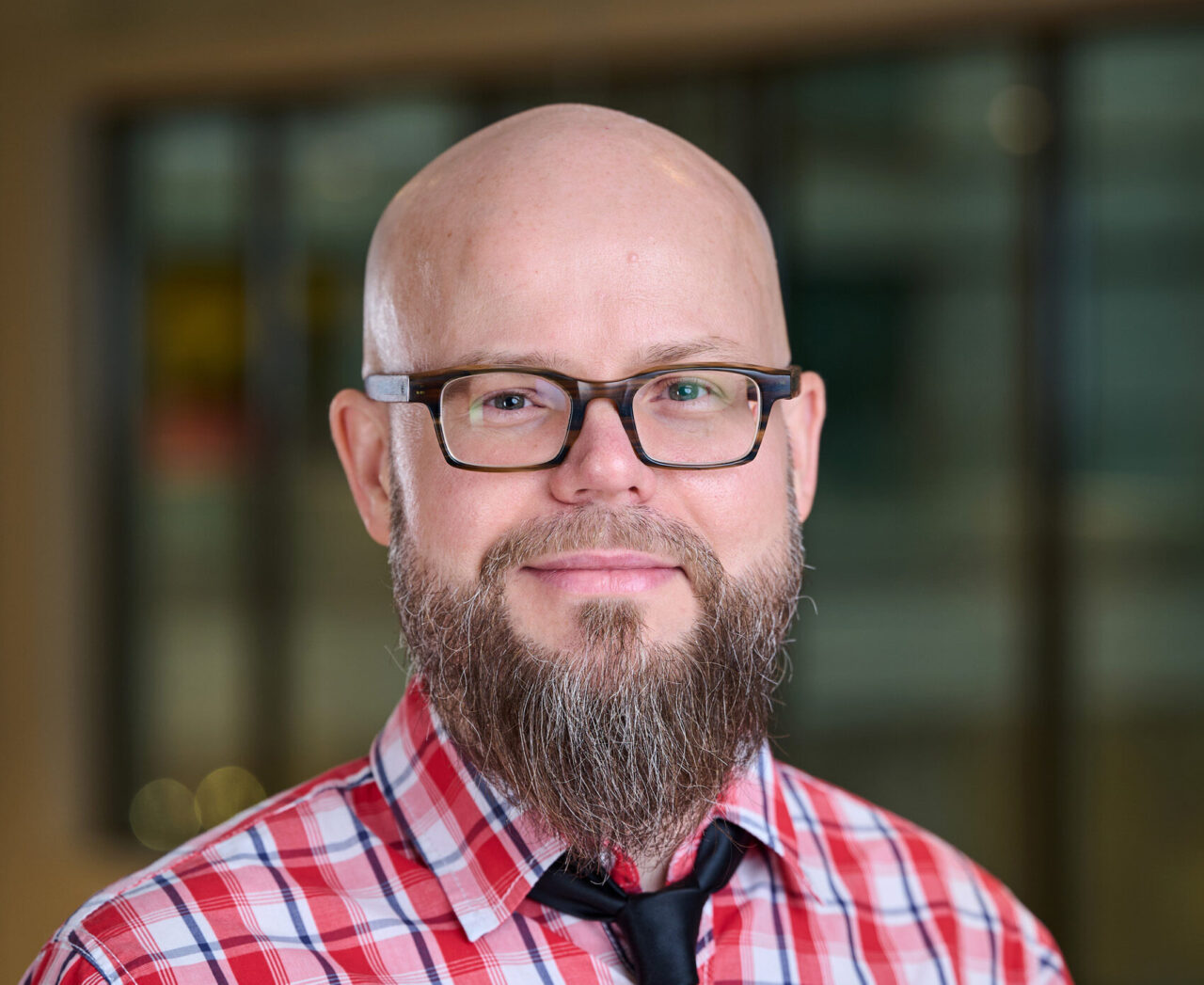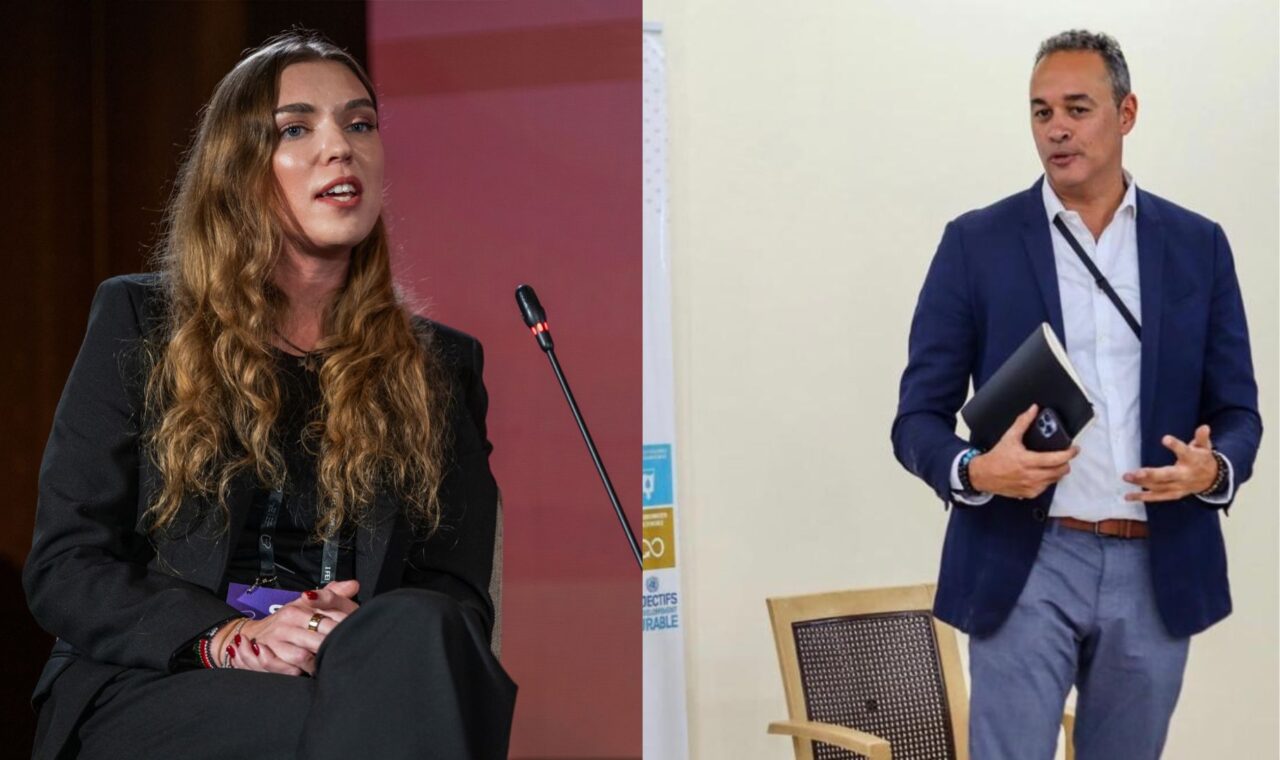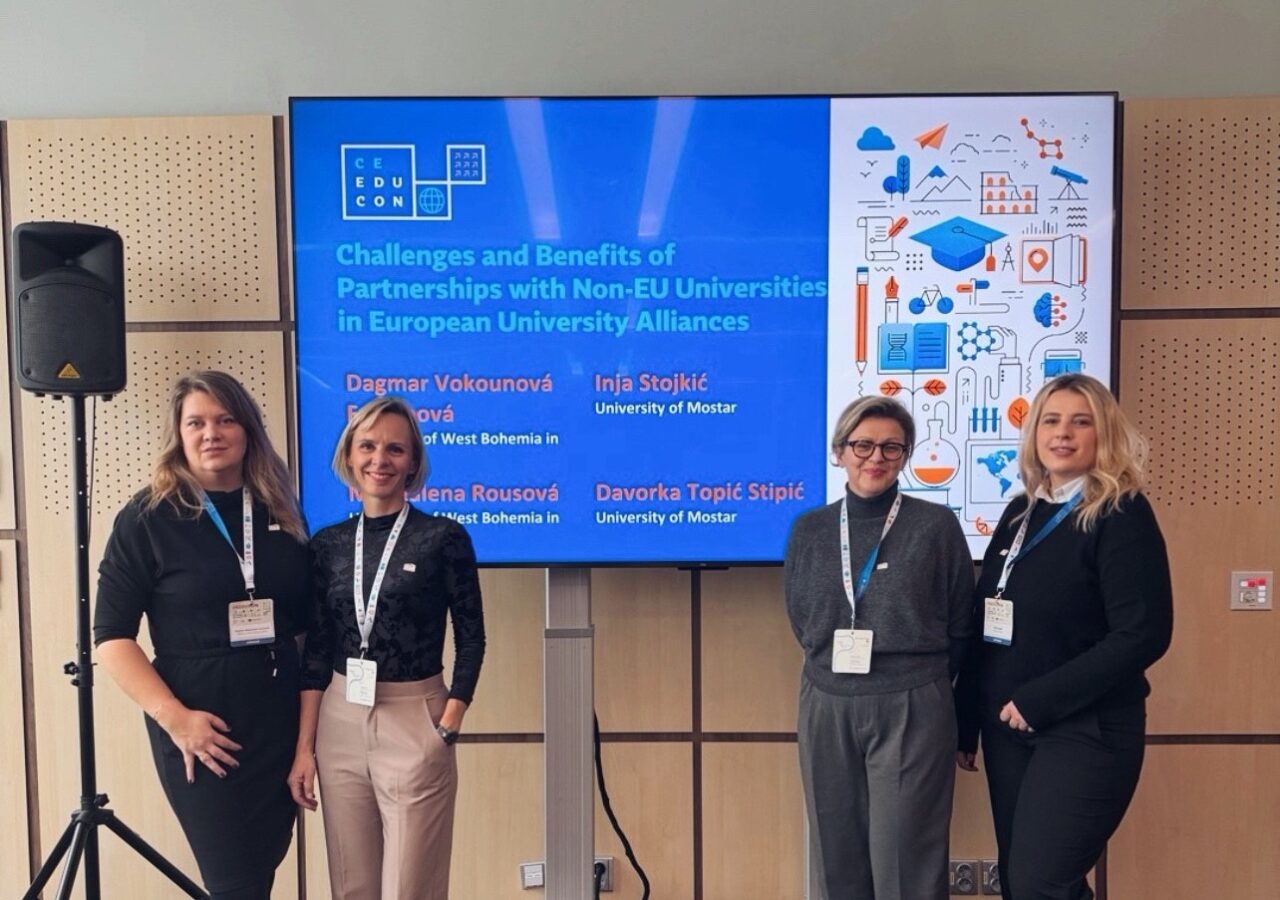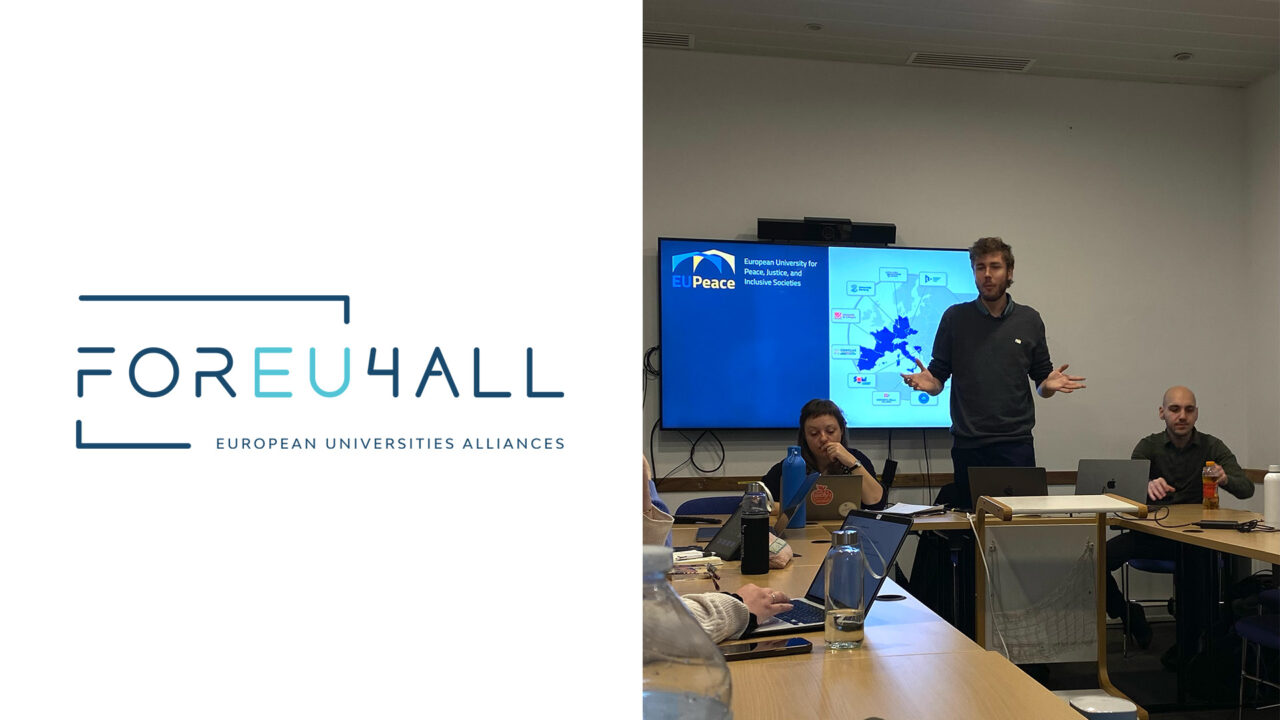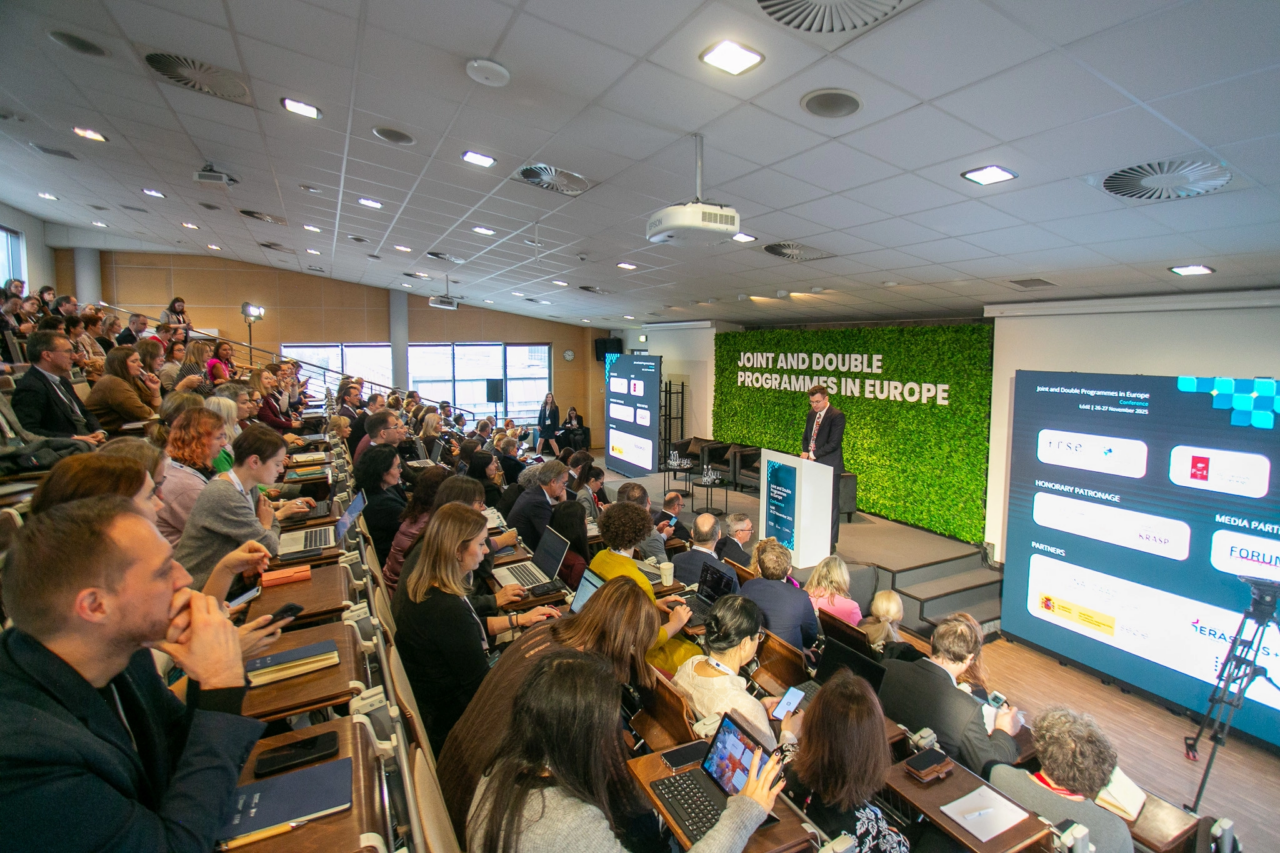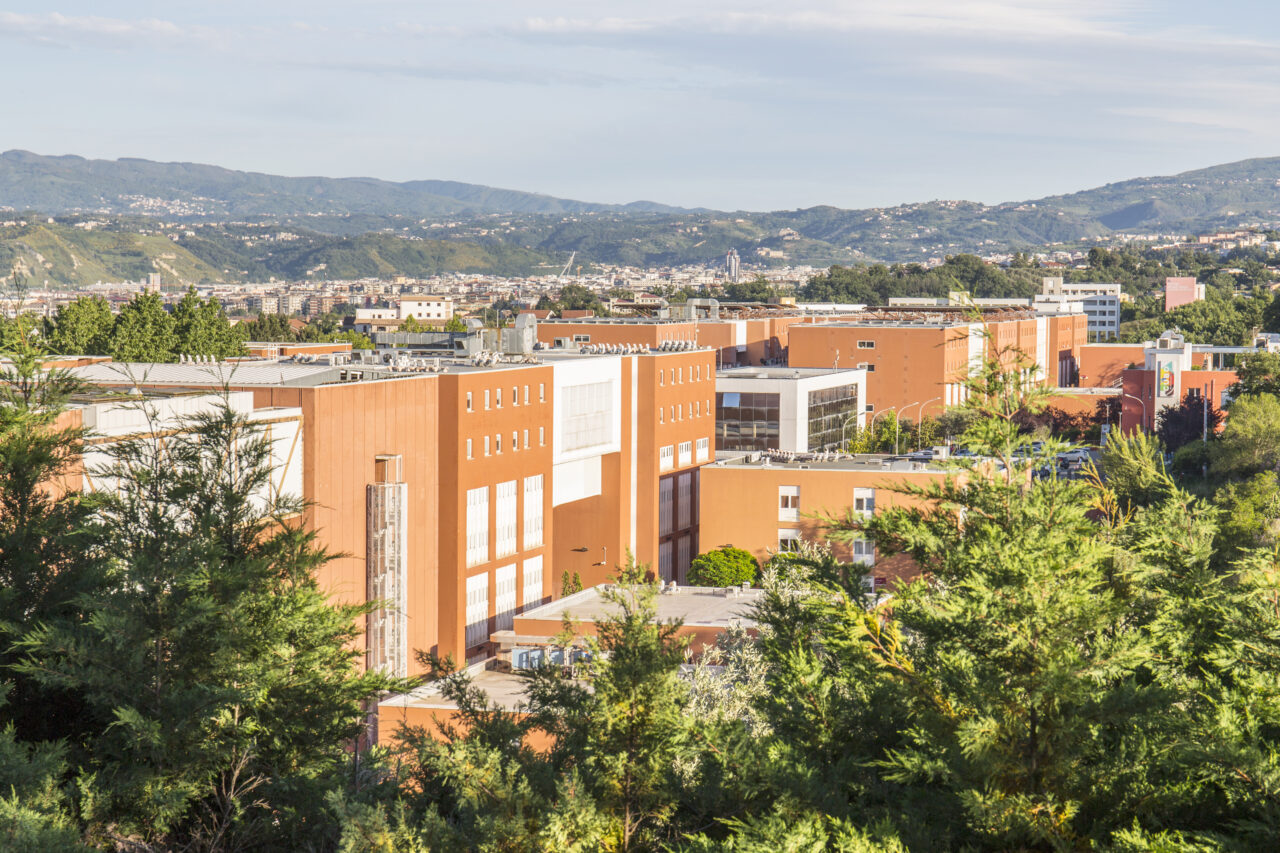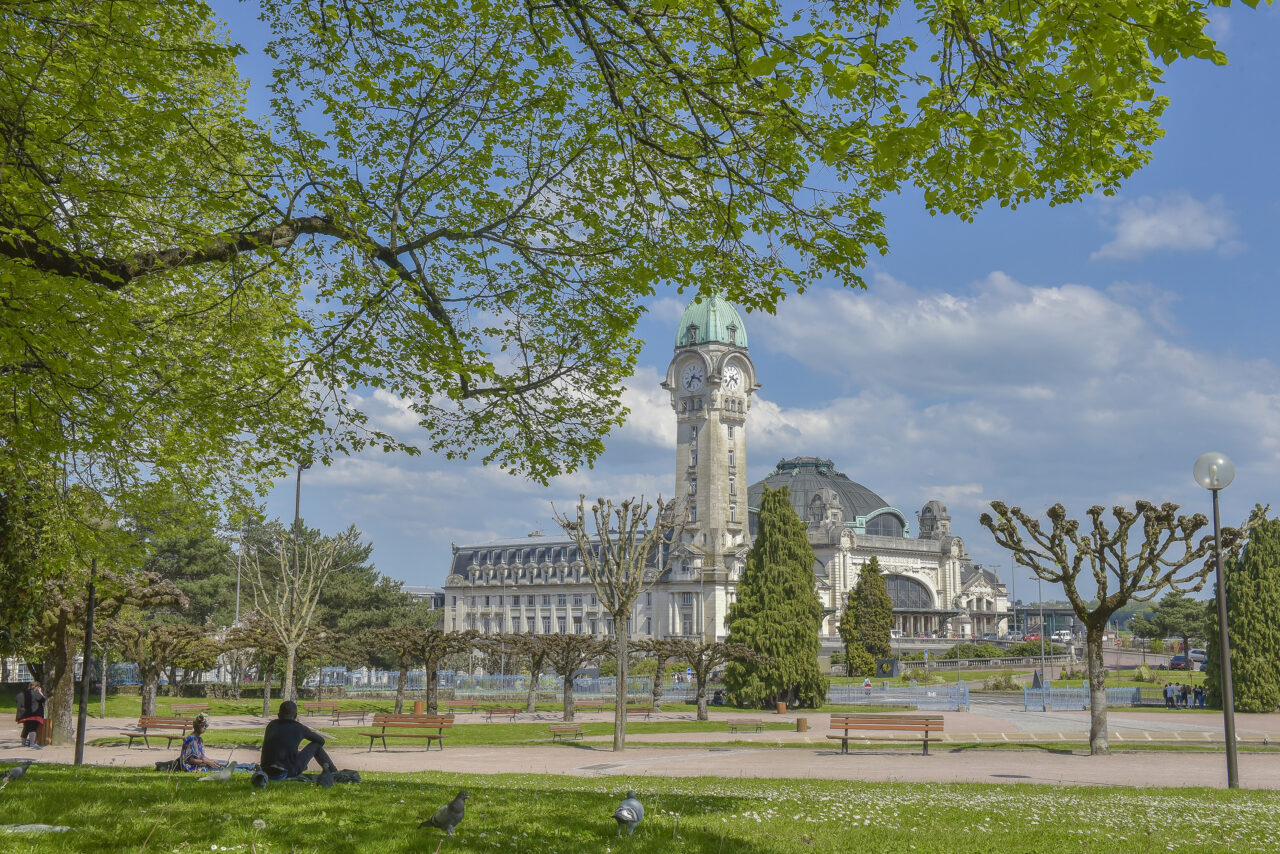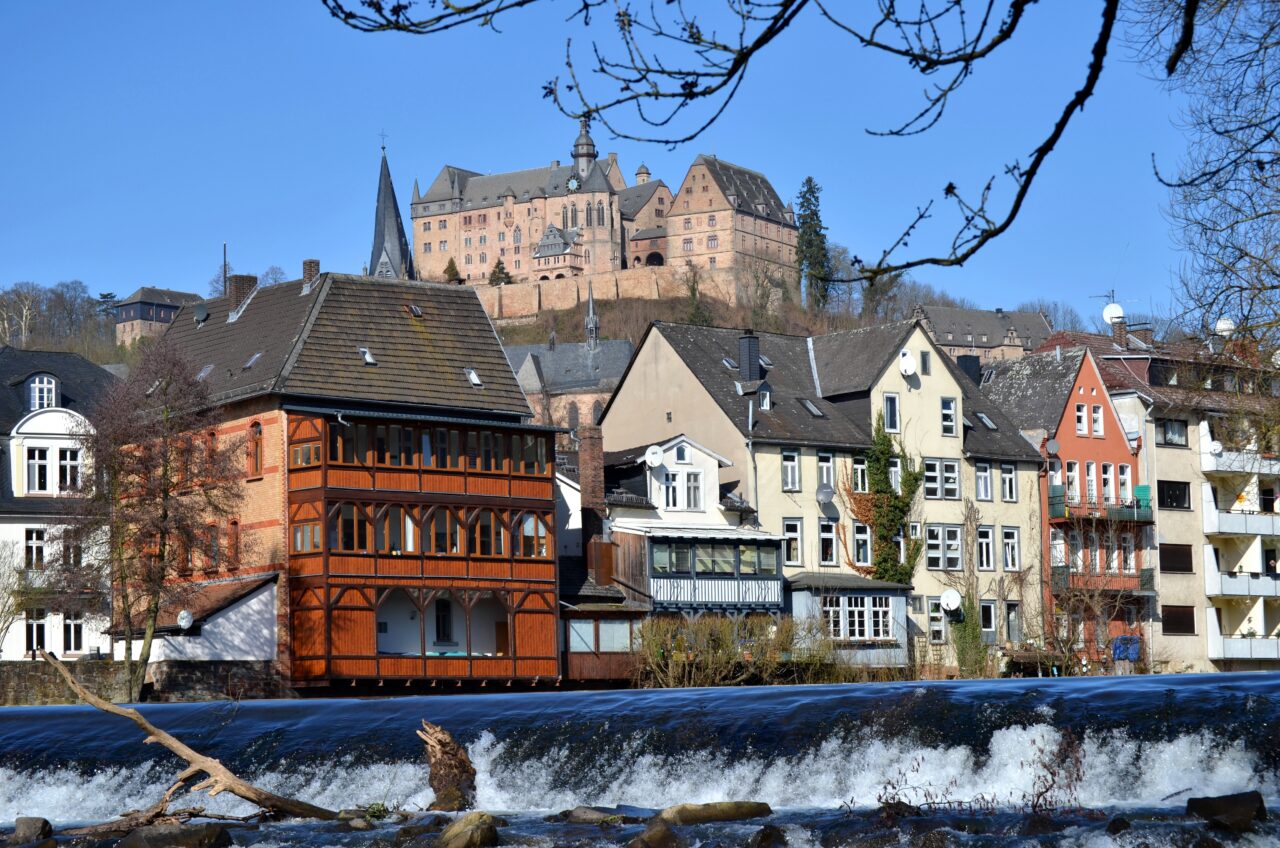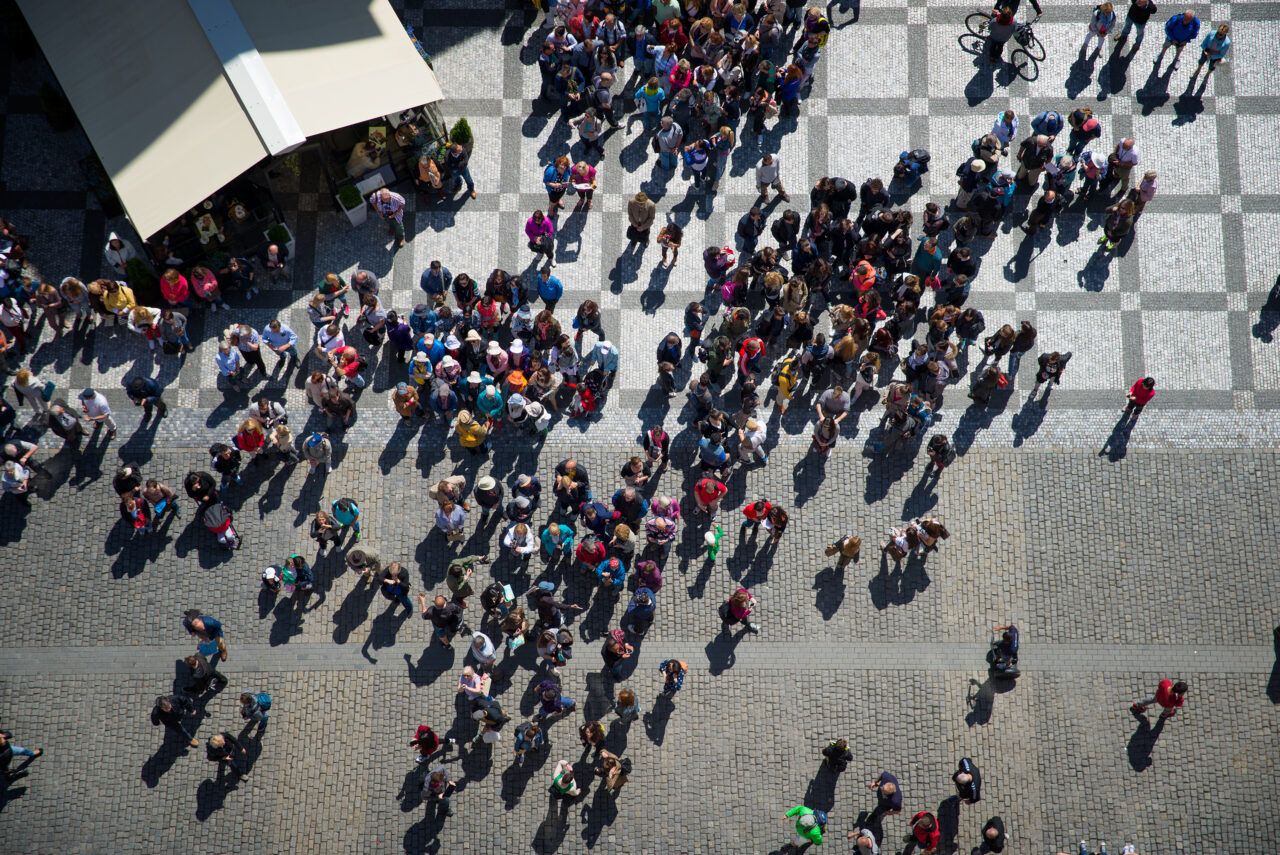EUPeace places societal dialogue at the heart of its mission, reflecting the third mission of universities to engage with and contribute to society. To achieve this, we have established the Living Peace Lab as a flagship platform for civic engagement and innovation. Conceived as a hub linking academia with civil society, policy-makers, NGOs, and industry, the Living Peace Lab creates spaces for collaboration and dialogue around peace, justice, and inclusiveness. By fostering encounters across institutional and sectoral boundaries, it will cultivate new narratives and practices that strengthen resilience and innovation.
The Living Peace Lab is envisioned as a permanent framework that translates societal concerns into research, teaching, and policy initiatives. Activities such as service learning, internships, and co-created projects ensure that societal needs directly shape higher education, while students gain experience in peace-building, mediation, and inclusive development.
At the same time, EUPeace invests in capacities that transcend disciplinary boundaries. Courses and training in critical thinking, intercultural awareness, problem-solving, and mediation embed the vision of peace and inclusiveness within Alliance institutions.
Finally, the Living Peace Lab deepens the embeddedness of universities in their cities and regions, reinforcing the link between higher education and its wider ecosystems. In this way, EUPeace creates a sustainable structure for societal dialogue, positioning universities as active agents of transformation in Europe and beyond.
Contact
